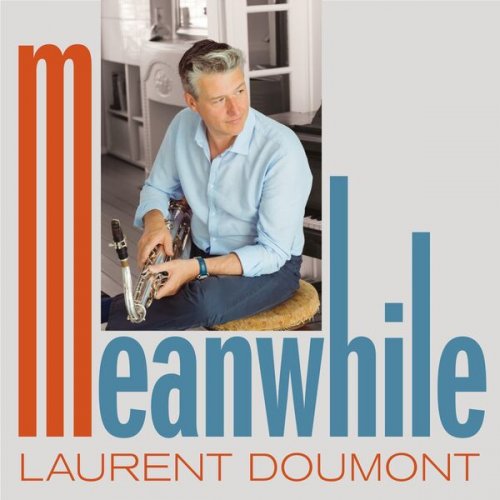Willy Mattes - Offenbach: Orpheus in der Unterwelt (2011)
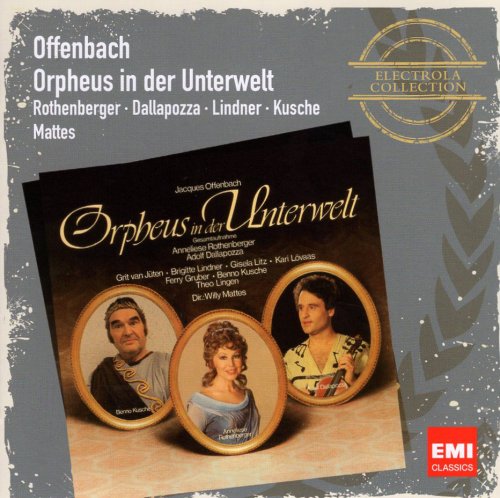
Artist: Willy Mattes, Philharmonia Hungarica
Title: Offenbach: Orpheus in der Unterwelt
Year Of Release: 2011
Label: EMI Classics
Genre: Classical
Quality: FLAC (image + .cue, log, artwork)
Total Time: 1:31:10
Total Size: 406 MB
WebSite: Album Preview
Tracklist:Title: Offenbach: Orpheus in der Unterwelt
Year Of Release: 2011
Label: EMI Classics
Genre: Classical
Quality: FLAC (image + .cue, log, artwork)
Total Time: 1:31:10
Total Size: 406 MB
WebSite: Album Preview
CD 1
01. Ouvertüre
02. Wer bin ich
03. Ein Weib das Lieb’ und Sehnsucht plagen
04. Dialog 1
05. So ist’s gemeint ?
06. Dialog 2
07. Hört, Aristeus bin ich
08. Dialog 3 mit Melodram
09. Der Tod will mir als Freund erscheinen
10. Dialog 4 mit Melodram
11. Komm, komm, folg’ der Ehre
12. O Seligkeit, im Schlaf zu liegen
13. Dialog 5 mit Melodram
14. Zum Kampf! Ihr Götter kommt herbei
15. Dialog 6
16. Um einst Alkmenen zu betören
17. Dialog 7
18. Ach, er kommt sich zu beklagen
CD 2
01. Entr’acte
02. Dialog und Als ich einst Prinz war in Arkadien
03. Dialog 2
04. Ich glaubte hier etwas zu fühlen
05. Dialog 3
06. Gott Pluto lebe hoch
07. Dialog und Weil mein Schritt so leicht
08. Dialog 4
09. Du darfst den Blick nicht rückwärts lenken
This recording, first released in Germany in 1978, differs from the only other currently available 'complete' recording of the operetta—that under Michel Plasson (EMI CD CDS7 49647, 1/89)—not only by being in German but by eschewing completely the additions Offenbach made to the score in 1874. It opens with the familiar overture, put together for Vienna in 1860 by Carl Binder (whose amplified scoring I assume is also used), and then pretty faithfully follows the original 1858 version in four scenes. The spoken text is abridged and updated, but I think unexceptionably so. The characters have an anachronistic, but endearing, tendency to break into brief quotations from late nineteenth-century and twentiethcentury Viennese operettas. John Styx's song, delivered by a non-singing comic, includes a verse about the can-can and Offenbach.
I am not one who believes that the French somehow have a monopoly when it comes to Offenbach style. Rather, I believe it is a matter of having the feel of the music—whatever the performers' nationality. Yet the sheer gaiety and sparkle that one most readily associates with the composer frequently seem to elude the Germans. So it is here, with numbers such as Diana's couplets in scene 2 and the fly duet in scene 3 delivered in a decidedly careworn fashion.
On the other hand the recording has high musical standards and, in its way, a good deal of winning charm and lighthearted relish. Adolf Dallapozza and Anneliese Rothenberger set the standards with their Act I concerto duet, and Benno Kusche, as Jupiter, predictably adds life to scenes 2 and 3. There are surprising elements in the casting that I assume owe something to German traditions in the work. Kari Lövaas, for instance, seems a light-weight Venus, though she sings most engagingly. By contrast, Ferry Gruber, a buffo, seems to find the part of Aristeus/Pluto a shade high for his voice.
The virtues, then, are essentially German ones, and the recording will presumably only be considered by anyone interested in such. As a representation of Offenbach's Parisian style, it obviously cannot hold a candle to the Plasson version. The recorded sound is admirably clear and spacious. -- Gramophone [7/1989]
I am not one who believes that the French somehow have a monopoly when it comes to Offenbach style. Rather, I believe it is a matter of having the feel of the music—whatever the performers' nationality. Yet the sheer gaiety and sparkle that one most readily associates with the composer frequently seem to elude the Germans. So it is here, with numbers such as Diana's couplets in scene 2 and the fly duet in scene 3 delivered in a decidedly careworn fashion.
On the other hand the recording has high musical standards and, in its way, a good deal of winning charm and lighthearted relish. Adolf Dallapozza and Anneliese Rothenberger set the standards with their Act I concerto duet, and Benno Kusche, as Jupiter, predictably adds life to scenes 2 and 3. There are surprising elements in the casting that I assume owe something to German traditions in the work. Kari Lövaas, for instance, seems a light-weight Venus, though she sings most engagingly. By contrast, Ferry Gruber, a buffo, seems to find the part of Aristeus/Pluto a shade high for his voice.
The virtues, then, are essentially German ones, and the recording will presumably only be considered by anyone interested in such. As a representation of Offenbach's Parisian style, it obviously cannot hold a candle to the Plasson version. The recorded sound is admirably clear and spacious. -- Gramophone [7/1989]
![Magda Mayas' Filamental - Murmur (2026) [Hi-Res] Magda Mayas' Filamental - Murmur (2026) [Hi-Res]](https://www.dibpic.com/uploads/posts/2026-02/1771663724_i3cjtptz4ae2l_600.jpg)
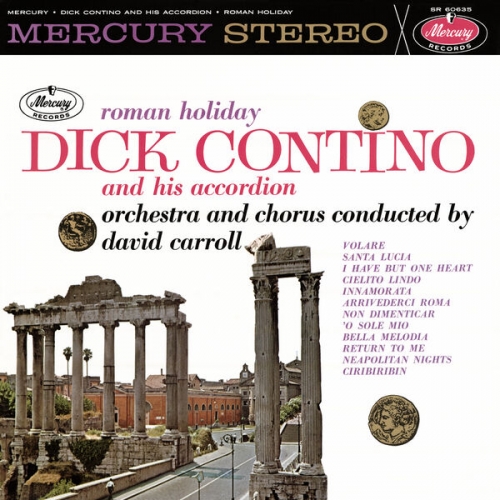
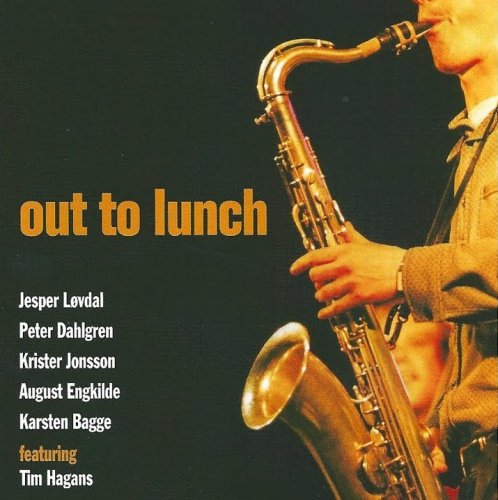

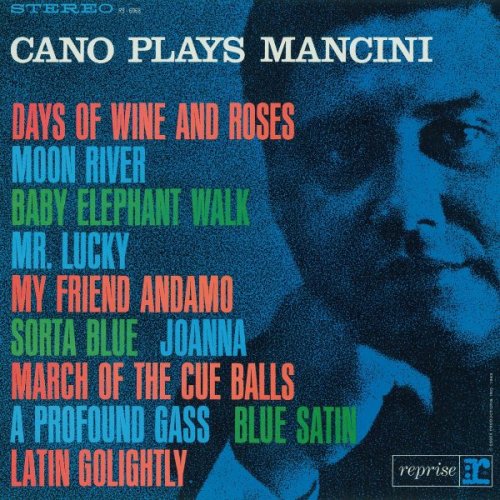
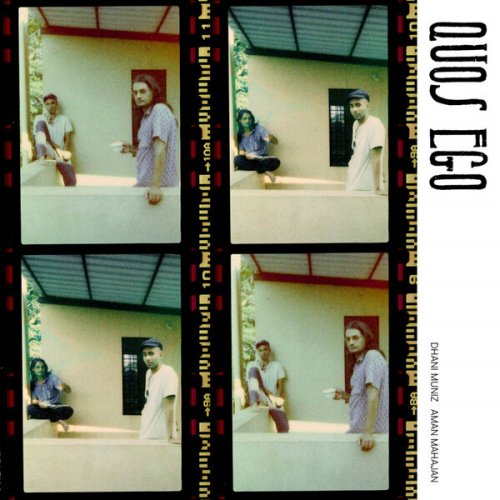
![Æthenor - Hazel (2016) [Hi-Res] Æthenor - Hazel (2016) [Hi-Res]](https://img.israbox.com/img/2026-02/21/u8vm4dsf9wrvmhpl4zso2e791.jpg)

